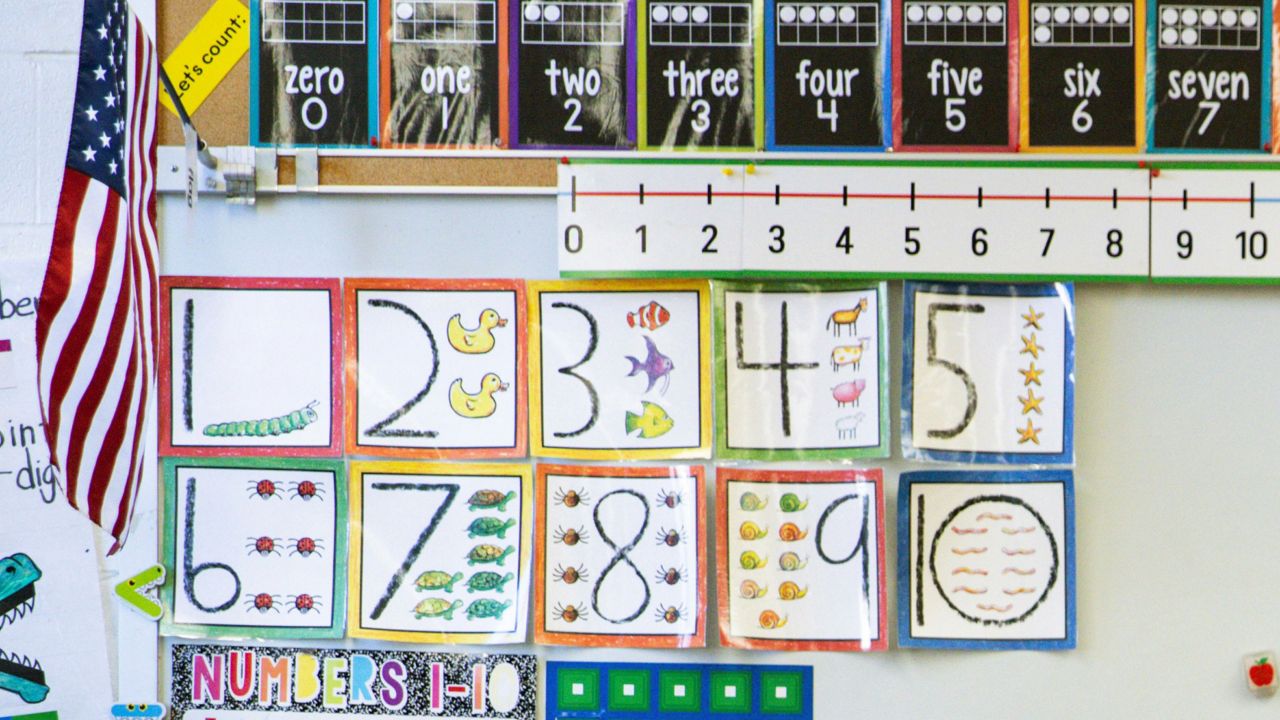Nonprofit Empire Center is looking into how union influence can impact the makeup of your local board of education.
They say those organizations, and the more than 5,000 mostly unpaid volunteers serving on them, have broad responsibility for public school governance in New York to oversee nearly $50 billion in budgeted expenditures. Across 676 elected school boards, they say these expenses are driven primarily by personnel costs, especially those shaped by contract negotiations with unions.
Empire Center says a review of school board rosters in 45 of New York’s largest school districts shows the potential for problems when it comes to union influence and conflict of interest.
The study's executive summary highlights potential conflits.
"School board members are expected to act in the public interest," it reads. "But NYSUT and its local chapters exist to put their members’ interests above those of all other public education stakeholders. In matters ranging from performance standards and professional discipline to employee compensation, New York teacher unions have taken positions directly at odds with those of students, their parents and taxpayers.
The review showed that more than half of the 343 board members studied were elected after seeking and receiving support from the local affiliate of New York State United Teachers, and NYSUT locals funded several campaigns in their entirety. Meanwhile, in 24 out of the 45 districts, the union backed two-thirds of the board’s membership, and in four districts every board member won with the union’s support.
In response, NYSUT spokesperson Ben Amey emphasized the organizations goals and their support for candidates that share them.
"NYSUT supports school board candidates that support strong public schools,” he said. “We thank the Empire Center for highlighting the good work our candidates and members on school boards do: fighting for better working conditions for educators, better learning conditions for students, and better educational opportunities for all.”



